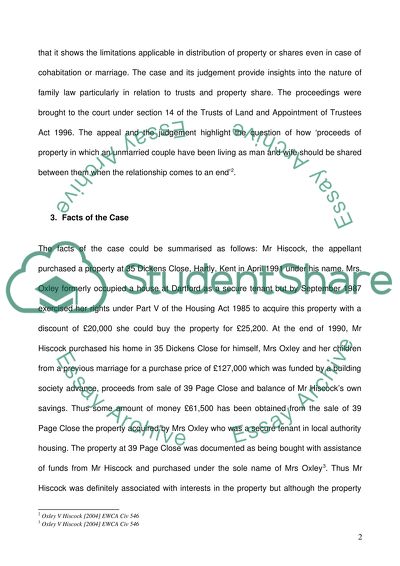Cite this document
(“Property Law Case Study Example | Topics and Well Written Essays - 1750 words”, n.d.)
Property Law Case Study Example | Topics and Well Written Essays - 1750 words. Retrieved from https://studentshare.org/law/1523334-property-law
Property Law Case Study Example | Topics and Well Written Essays - 1750 words. Retrieved from https://studentshare.org/law/1523334-property-law
(Property Law Case Study Example | Topics and Well Written Essays - 1750 Words)
Property Law Case Study Example | Topics and Well Written Essays - 1750 Words. https://studentshare.org/law/1523334-property-law.
Property Law Case Study Example | Topics and Well Written Essays - 1750 Words. https://studentshare.org/law/1523334-property-law.
“Property Law Case Study Example | Topics and Well Written Essays - 1750 Words”, n.d. https://studentshare.org/law/1523334-property-law.


